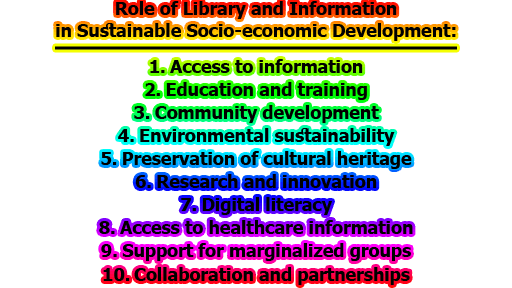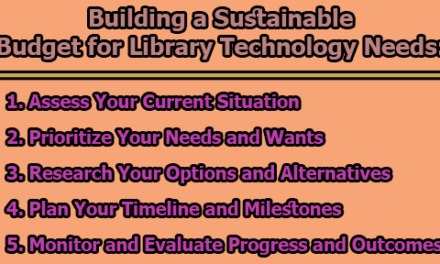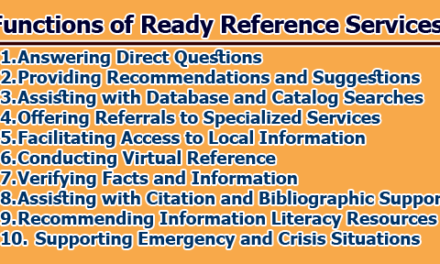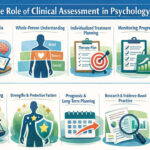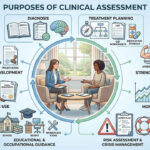Role of Library and Information in Sustainable Socio-economic Development: Libraries and information centers play a critical role in supporting sustainable socio-economic development. Here are some ways in which libraries and information centers contribute to sustainable socio-economic development are given below:
- Access to information: Libraries provide access to information, which is essential for sustainable socio-economic development. By making information available to everyone, libraries help to ensure that people can make informed decisions, improve their skills, and participate in the development of their communities.
- Education and training: Libraries provide education and training opportunities that support sustainable socio-economic development. Libraries offer access to books, e-books, and online resources that support learning and skill development. Libraries also offer training programs and workshops that help people acquire new skills and knowledge.
- Community development: Libraries play a vital role in community development. Libraries provide spaces where people can come together to learn, share ideas, and participate in community events. Libraries also offer resources and services that support entrepreneurship, job creation, and economic growth.
- Environmental sustainability: Libraries support environmental sustainability by providing access to information on environmental issues, climate change, and sustainable development. Libraries also promote environmental sustainability by offering resources and services that support green living, such as energy-efficient technology, composting, and recycling.
- Preservation of cultural heritage: Libraries preserve and promote cultural heritage by collecting and archiving materials that document the history, culture, and traditions of communities. Libraries also provide access to these materials, ensuring that they remain a valuable resource for future generations.
- Research and innovation: Libraries support research and innovation by providing access to scholarly literature, databases, and other research resources. Libraries also offer support services such as research consultations, reference services, and interlibrary loans that enable researchers to access the materials they need to conduct their work.
- Digital literacy: Libraries play a crucial role in promoting digital literacy, which is increasingly important for sustainable socio-economic development. Libraries provide access to digital resources and offer training programs and workshops that help people acquire digital skills.
- Access to healthcare information: Libraries provide access to healthcare information, which is critical for promoting public health and reducing healthcare disparities. Libraries offer resources and services that support health education, disease prevention, and healthy living.
- Support for marginalized groups: Libraries provides support for marginalized groups, such as refugees, immigrants, and low-income communities. Libraries offer resources and services that promote social inclusion, such as language learning resources, job search assistance, and legal information.
- Collaboration and partnerships: Libraries collaborate with other organizations and partners to promote sustainable socio-economic development. Libraries work with community organizations, schools, government agencies, and businesses to provide resources and services that support economic growth, education, and community development.
It is apparent that libraries and information centers play a critical role in promoting sustainable socio-economic development by providing access to information, supporting education and training, promoting community development, supporting environmental sustainability, preserving cultural heritage, supporting research and innovation, promoting digital literacy, providing access to healthcare information, supporting marginalized groups, and collaborating with other organizations and partners.

Library Lecturer at Nurul Amin Degree College

